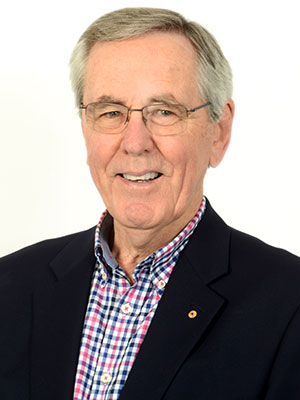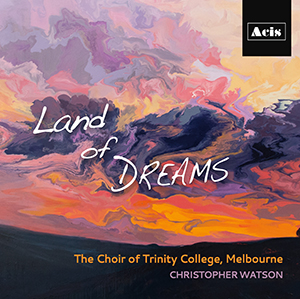

 At a critical moment, Jesus told Pilate that his kingdom was not of this world else would his disciples use the weapons of this world. But the citizens of Jesus’s kingdom most certainly are in this world and indeed part of it. This tension runs throughout the New Testament. It coloured Jesus’s attitude to such social institutions as the family and the temple and at all points it informed the social advice in Paul’s letters to his churches. It has haunted the whole of the history of Christianity. The challenge of being a christian community at any given time is to live this truth.
At a critical moment, Jesus told Pilate that his kingdom was not of this world else would his disciples use the weapons of this world. But the citizens of Jesus’s kingdom most certainly are in this world and indeed part of it. This tension runs throughout the New Testament. It coloured Jesus’s attitude to such social institutions as the family and the temple and at all points it informed the social advice in Paul’s letters to his churches. It has haunted the whole of the history of Christianity. The challenge of being a christian community at any given time is to live this truth.
But the Church of England that came to the colony of New South Wales in 1788 was an integral part of the government of the English nation, which had been recently fighting a war with the weapons of this world. The chaplain who came to New South Wales was under the military discipline of the Governor.
A lot of time has been spent separating from the state and trying to create an independent church, which of course did not separate the church from the authority of the civil government. This is the story of the Anglican Church in Australia. It has not been an easy journey and we seem to be moving into choppy waters of late.
In seeking to traverse those choppy waters, it might help if we had a clearer idea of our history and the nature of our union expressed in the constitution.
The constitution creates what is essentially a federal union of independent dioceses.
The Fundamental Declarations make it clear that the Anglican Church of Australia is part of mainstream Christianity holding the faith going back to Jesus and the apostles. The less fundamental Ruling Principles set that broadly Christian lineage in relation to the Church of England and its historical antecedents. What under this constitution is unchangeable is relatively limited from a theological point of view. The references to the reformation documents in the Ruing Principles are specifically set in their particular historical location and are to be interpreted in that context. The same is true of any statements about the faith that the General Synod might make from time to time.
The flexibility allowed in this constitution highlights as well the conflictual context in which it was formulated during its 90-year gestation. It does not provide what might be regarded as a compendium of Anglican divinity. Rather it lays down the minimal constitutional requirements designed to meet a limited but adequate framework for appropriate working relationships between the dioceses. A corollary of this is that the field of what one might call “allowable” theological opinions within the church is rather capacious.
The weakness of the Anglican institutions has been quite brutally revealed by the recent Royal Commission. Some things have been done in response, but perhaps it is time for a reawakening of the character and value of institutions in the church and how they might better enable this particular group of Jesus disciples to live and work together in the light of the truth that applies to all, that Jesus kingdom is not of this world.
Want to learn more? Sign up for the Sharwood Lecture at Trinity College on 4 March 2020 now by following this link. The lecture will also be held in Sydney on 11 March. These are free events, but RSVPs are essential.
The Revd Dr Bruce Kaye has taught at Durham University and the University of New South Wales. He was the Master of New College at the University of New South Wales from 1983 to 1994. He has served as General Secretary of the Anglican Church of Australia (1994–2004) and was the founding editor of the Journal of Anglican Studies and a member of the Inter Anglican Theological and Doctrinal Commission III. He has published extensively, in particular in regard to Anglicanism. Bruce is currently an Adjunct Research Professor in the Centre for Public and Contextual Theology, Charles Sturt University. He was made a Member of the Order of Australia in 2005.
Related News
-
News & Stories
- Our Theological School Student President's mission to champion a spiritual and welcoming environment
- Jack reaps the rewards after taking a leap of faith on Trinity College
- Trinity alum named in King's Birthday Honours 2025
- Trinity Deputy & Academic Dean appointed Fellow at Center of Theological Inquiry
- Meet Trinity's aspiring art curator Seb Moore
- Trinity College offers its congratulations to newly elected Archbishop of Melbourne, the Right Reve
- Events
- Art
- Music & Choir
- Campus Development Projects
- Visiting Scholars & Lectureships
- Accommodation for Visitors
- Short Programs
- Work at Trinity

